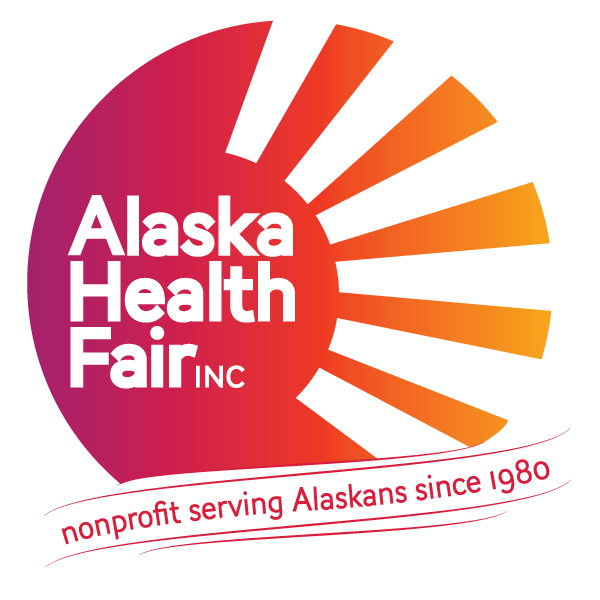Introduction
The liver is one of the most vital organs in the human body, playing a crucial role in our overall health. Despite its importance, many people are unaware of the liver’s functions and how to properly maintain its health. In this article, we’ll explore the significance of the liver, common liver issues in the United States, and how you can minimize your risk of developing these problems.
Why is the Liver Important for Overall Health?
The liver is responsible for over 500 essential functions, including:
- Detoxification: Removing toxins and harmful substances from the bloodstream.
- Metabolism: Converting food into energy and breaking down fats.
- Producing essential proteins: For blood clotting and immune system support.
- Storing vitamins and minerals: Such as iron and Vitamin A.
- Producing bile: A substance necessary for digestion and absorption of fats.
Given these responsibilities, maintaining liver health is vital to our overall well-being.
Common Liver Issues in the United States
- Hepatitis: Viral infections, such as Hepatitis A, B, and C, can cause inflammation and damage to the liver.
- Fatty liver disease: Excessive fat accumulation in the liver, often associated with obesity, diabetes, and high cholesterol levels.
- Cirrhosis: Scarring of the liver tissue, which can result from chronic liver damage caused by various factors, including viral hepatitis and excessive alcohol consumption.
- Liver cancer: Often a complication of cirrhosis or chronic viral hepatitis infections.
Symptoms of Liver Issues
Some common symptoms of liver problems include:
- Jaundice: Yellowing of the skin and eyes.
- Fatigue: A persistent feeling of tiredness.
- Abdominal pain or swelling: Especially in the upper right side of the abdomen.
- Nausea and vomiting: Unexplained and persistent.
- Dark urine and pale stools: Indicative of liver dysfunction.
It’s important to note that many liver issues can be asymptomatic in the early stages, making regular check-ups and blood tests essential for early detection.
How to Minimize the Risk of Liver Issues
Here are some simple rules you can follow to keep your liver healthy:
- Maintain a balanced diet: Include plenty of fruits, vegetables, lean proteins, and whole grains, while avoiding excessive fats and processed foods.
- Exercise regularly: Aim for at least 150 minutes of moderate-intensity aerobic activity per week.
- Limit alcohol consumption: Stick to the recommended guidelines of no more than one drink per day for women and two drinks per day for men.
- Get vaccinated: Protect yourself against Hepatitis A and B with vaccinations.
- Practice safe sex: Use condoms to prevent the transmission of Hepatitis B and C.
- Avoid sharing personal items: Such as razors or toothbrushes, which may carry blood-borne pathogens.
- Be cautious with medications: Follow your doctor’s recommendations and avoid over-the-counter medications that can harm the liver, such as excessive amounts of acetaminophen.
When to See a Doctor
If you experience any of the symptoms mentioned above or have risk factors for liver disease, such as a family history, excessive alcohol consumption, or exposure to hepatitis viruses, consult your healthcare provider. Early detection and intervention can prevent severe liver damage and improve long-term outcomes.
Relevant Blood Tests at Health Fairs for Liver Health Assessment
Alaska Health Fair (AHF) offers blood tests to assess liver health. The Comprehensive Chemistry/Hematology Profile (27 panels in 1 test) for $45 is a valuable and affordable screening tool for assessing liver health and overall well-being. This test includes a wide range of measurements that can provide insights into different aspects of your health, including liver function.
Within this comprehensive test, the following panels specifically assess liver health:
- Indicies (MCV, MCH, MCHC, RDW): These indices can help identify anemia and liver disease.
- Total Protein, Albumin, Globulin, and A/G Ratio: These measurements can indicate kidney, liver, infection, and nutrition-related issues.
- Bilirubin, Total: This measurement is used to assess liver function.
- Alkaline Phosphatase: This enzyme can be elevated in bone and liver diseases.
- SGOT (AST) and SGPT (ALT): These liver enzymes can indicate tissue disease or damage.
While the Lipid Profile (Cholesterol, Triglyceride, HDL, and LDL) is primarily used to assess coronary heart disease risk, it can also provide insights into liver health. Elevated triglyceride levels can be a contributing factor to fatty liver disease, while abnormal cholesterol levels can be indicative of liver dysfunction. As such, the Lipid Profile can be a useful tool for assessing liver health as part of a comprehensive screening.
At just $45, the Comprehensive Chemistry/Hematology Profile offers an affordable way for individuals to monitor their liver health and overall well-being. Given the wide range of information provided by this test, it represents an excellent value for the price. It’s important to remember that while blood tests can provide valuable insights, it’s essential to consult with a healthcare professional to obtain a complete understanding of your health.
To find out more about the available tests and pricing, visit https://alaskahealthfair.org/screenings-and-tests/. To locate an AHF event near you, check the current schedule of events at www.alaskahealthfair.org.
Conclusion
The liver is an essential organ that plays a significant role in our overall health. By understanding common liver issues, their symptoms, and how to minimize risk, you can make informed decisions about your well-being. Remember, taking care of your liver is an investment in your long-term health.
***
About Alaska Health Fair, Inc.
Alaska Health Fair, Inc. (AHF) is a nonprofit organization dedicated to providing health education and affordable blood testing to Alaskans. Established in 1980, AHF has been serving the community for over four decades, promoting health awareness and offering resources for individuals to take control of their well-being.
In addition to blood tests, AHF health fairs also provide access to various educational materials, exhibits, and volunteer health professionals who can answer questions about health. By partnering with local organizations and volunteers, AHF is able to reach communities across the state, making health education and affordable testing accessible to many residents.
To learn more about Alaska Health Fair, Inc., and we are helping Alaskans take control of their health, visit www.alaskahealthfair.org.

